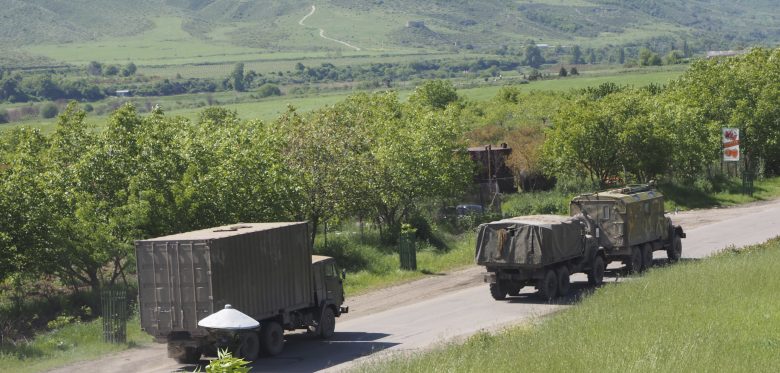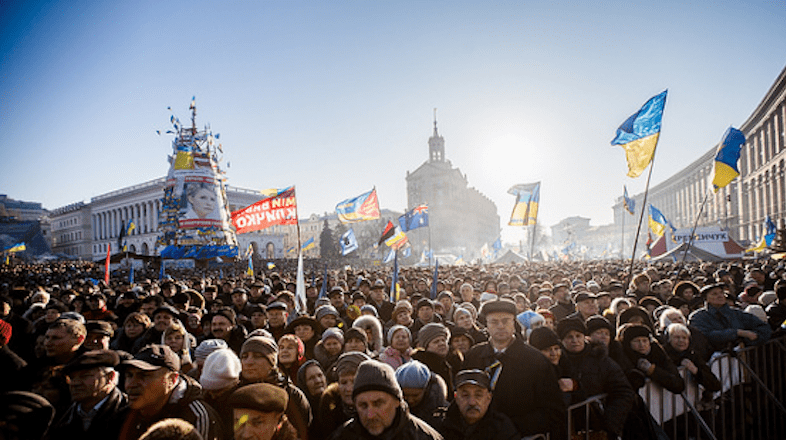Armenia experienced persistent political instability since its defeat in second Nagorno-Karabakh War in 2020. Snap parliamentary elections in June 2021 endorsed Nikol Pashinyan’s government. The victory of the governing party was unexpected, especially in light of the blame attributed to them regarding the military defeat. In spring 2022, the Armenian government’s indication of concessions to Azerbaijan’s demands generated opposition.
The response to Azerbaijan’s military attack in September 2022 and the seizure of Nagorno-Karabakh, which violated the 2020 cease-fire agreement, sparked public outrage. The key foreign policy focus is lifting blockades by Türkiye and Azerbaijan and ensuring a favorable external environment. Armenia’s domestic reform agenda was hindered by slow strategy drafting and external challenges.
Armenia’s economy exhibited robust growth driven by increased consumption and labor influx, particularly from Russian, Ukrainian and Belarusian IT experts. However, a sluggish industrial sector, financial system changes, and external risks, such as the conflict in Ukraine and the global economic slowdown, threaten stability.

